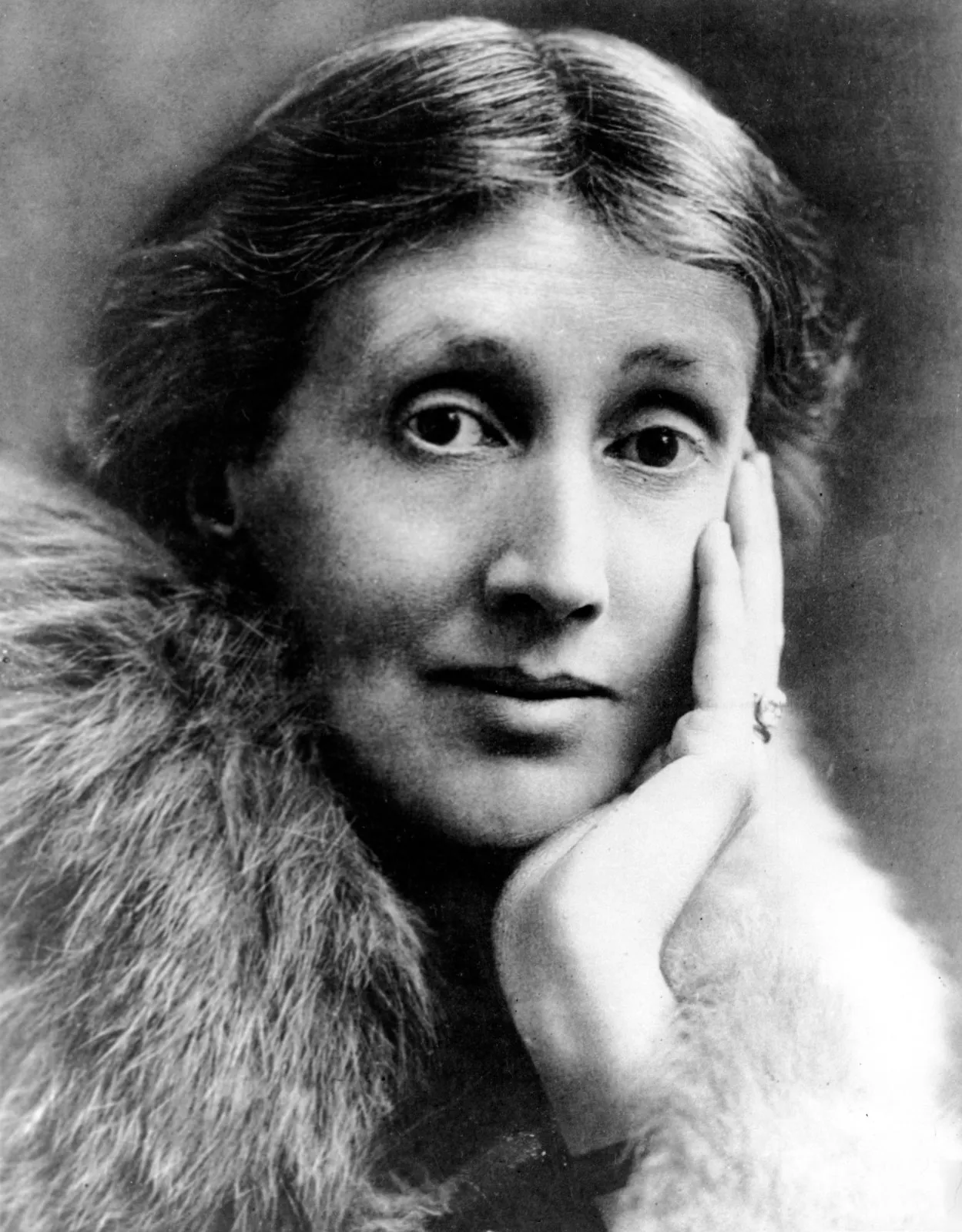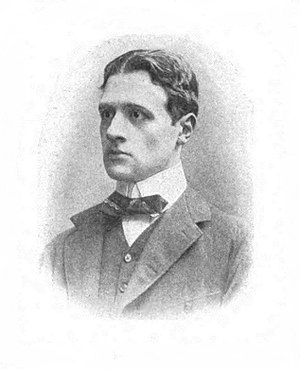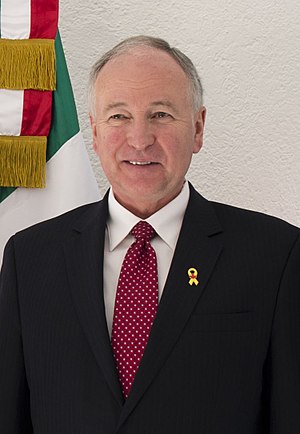“Rigid, the skeleton of habit alone upholds the human frame.”
For he had a turn for mechanics; had
invented a plough in his district, had ordered wheel-barrows from
England, but the coolies wouldn’t use them, all of which Clarissa knew
nothing whatever about.
The way she said “Here is my Elizabeth!”--that annoyed him. Why not
“Here’s Elizabeth” simply? It was insincere. And Elizabeth didn’t like
it either. (Still the last tremors of the great booming voice shook
the air round him; the half-hour; still early; only half-past eleven
still.) For he understood young people; he liked them. There was always
something cold in Clarissa, he thought. She had always, even as a girl,
a sort of timidity, which in middle age becomes conventionality, and
then it’s all up, it’s all up, he thought, looking rather drearily into
the glassy depths, and wondering whether by calling at that hour he had
annoyed her; overcome with shame suddenly at having been a fool; wept;
been emotional; told her everything, as usual, as usual.
As a cloud crosses the sun, silence falls on London; and falls on the
mind. Effort ceases. Time flaps on the mast. There we stop; there we
stand. Rigid, the skeleton of habit alone upholds the human frame.
Where there is nothing, Peter Walsh said to himself; feeling hollowed
out, utterly empty within. Clarissa refused me, he thought. He stood
there thinking, Clarissa refused me.
Ah, said St. Margaret’s, like a hostess who comes into her drawing-room
on the very stroke of the hour and finds her guests there already. I am
not late. No, it is precisely half-past eleven, she says. Yet, though
she is perfectly right, her voice, being the voice of the hostess, is
reluctant to inflict its individuality. Some grief for the past holds
it back; some concern for the present. It is half-past eleven, she
says, and the sound of St. Margaret’s glides into the recesses of the
heart and buries itself in ring after ring of sound, like something
alive which wants to confide itself, to disperse itself, to be, with
a tremor of delight, at rest--like Clarissa herself, thought Peter
Walsh, coming down the stairs on the stroke of the hour in white.
It is Clarissa herself, he thought, with a deep emotion, and an
extraordinarily clear, yet puzzling, recollection of her, as if this
bell had come into the room years ago, where they sat at some moment of
great intimacy, and had gone from one to the other and had left, like a
bee with honey, laden with the moment.




